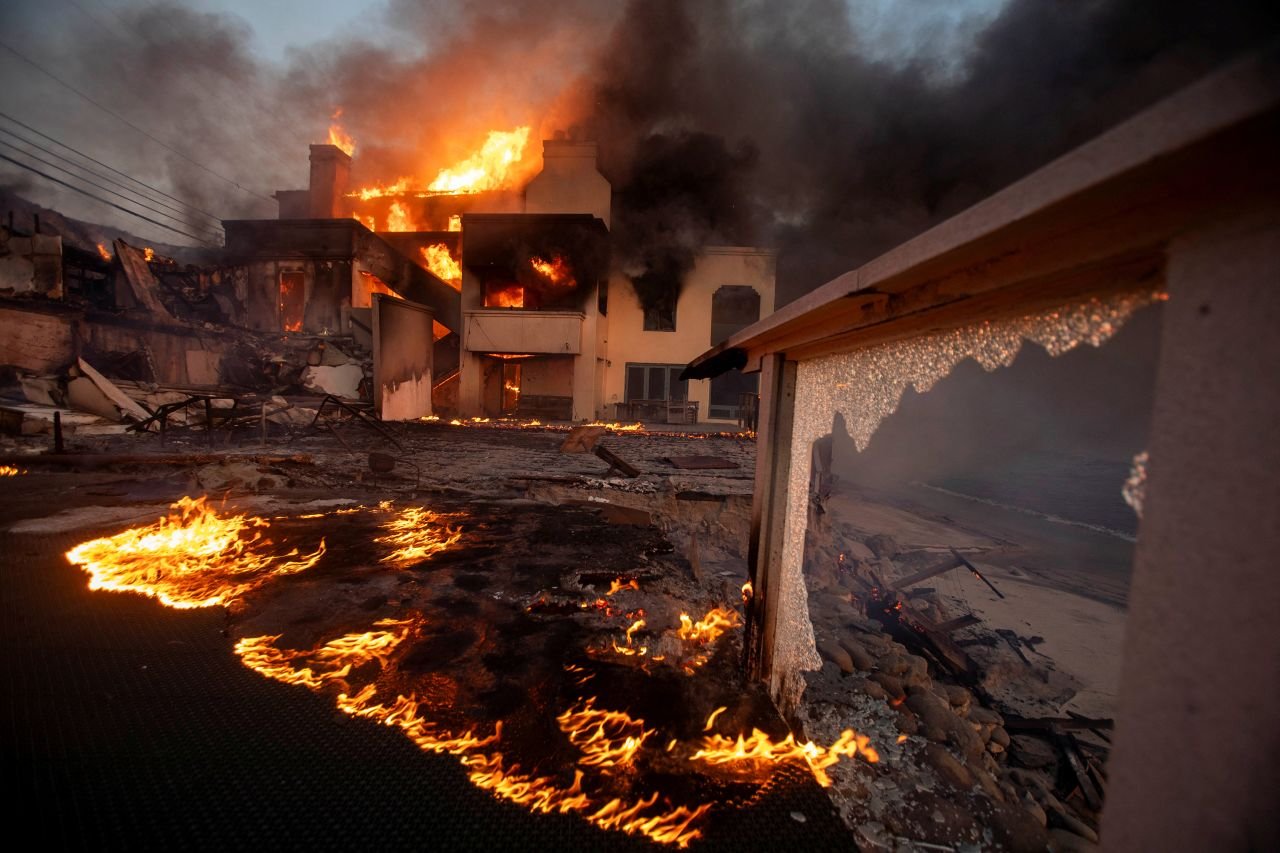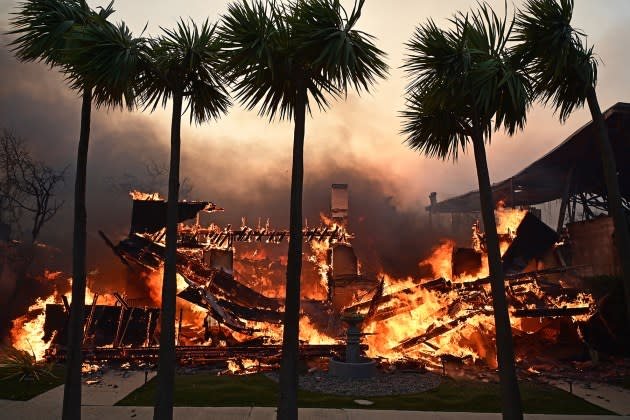
LA Fires - What’s Happening and How You Can Help
The Los Angeles area is currently facing devastating fires, fueled by dry conditions and strong winds. These fires are threatening communities, displacing residents, and causing severe damage to homes, and air quality.
There are currently 5 active fires with limited containment in the Palisades, Kenneth, Hurst Archer, Lidia, and Eaton. Covering 36,384 acres combined, over 10,000 buildings have been destroyed, 180,000 people displaced, and at least 24 lives have been lost to the fires.
Help Bring Comfort and Understanding to Children Affected by the L.A. Wildfires
In times of crisis, young children often struggle to process fear and uncertainty, especially when their homes, schools, and communities are impacted by events like the Los Angeles wildfires. Our social storybook is a vital resource designed to help parents, guardians, and educators guide children ages 3-8 through this challenging experience. Your support can provide a way to help them understand their emotions, and provides healthy coping strategies for dealing with loss and change.
Your donations will help us produce and distribute this much-needed resource, empowering families to have meaningful conversations during difficult times. By fostering understanding and hope, the book also encourages young readers to see the power of compassion and community in the face of adversity. With your generosity, we can help children navigate their emotions, find peace, and discover ways to make a positive difference in their world.
The donation link will only be accepting donations for 24 hours on March 12.
Save the date!
https://titansgive.fullerton.edu/giving-day/93661/department/101382







Air Quality
The devastating fires sweeping through our communities may be the most visible danger, but it’s important not to overlook the invisible threat—air quality. Smoke from wildfires carries harmful particles and toxins that can seriously affect our health. Even if you’re far from the flames, exposure to poor air quality can lead to irritation, coughing, difficulty breathing, and long-term health issues.
To stay safe, monitor local air quality indexes (AQI) and limit outdoor activities when levels are unhealthy. Keep windows and doors closed, and use air purifiers or filters if possible. If you must go outside, consider wearing an N95 mask to reduce inhalation of fine particles. Staying informed and prepared can help protect your health as we work to support recovery and resilience in the face of these fires.


Pets and Wildlife
These fires don’t just affect people; they take a devastating toll on animals, too. For pets, the smoke and chaos of evacuations can be stressful and harmful to their health. Animals, like humans, are sensitive to poor air quality and can suffer from respiratory issues or smoke inhalation. Wildlife, on the other hand, face the immediate threat of habitat destruction, food shortages, and displacement, forcing them into unfamiliar and often dangerous areas in search of safety.
For pet owners, it’s crucial to include animals in your emergency plan. Prepare a pet emergency kit with food, water, medications, and copies of important documents. During smoky conditions, keep pets indoors as much as possible and minimize their physical activity. For wildlife, supporting local conservation efforts and allowing safe passage in natural areas can make a difference.

How You Can Help:
Donate: Contribute to organizations like the Red Cross, LA Fire Department, or community relief funds.
Spread Awareness: Share resources and updates to inform others.
Prepare: If you live nearby, ensure you have an emergency kit and evacuation plan ready.
More information on:
Fires:
Air Quality:
https://www.cbsnews.com/news/air-quality-map-los-angeles-wildfires-california/
http://publichealth.lacounty.gov/phcommon/public/media/mediapubhpdetail.cfm?prid=4935
Pets:
https://www.vox.com/down-to-earth/394644/los-angeles-wildfires-animals-wildlife-pets
https://www.latimes.com/california/story/2025-01-08/palisades-fire-veterinarian-helps-local-pets
https://bestfriends.org/stories/features/best-friends-mobilizes-save-pets-la-wildfires
How To Help:
https://abc7.com/post/socal-wildfires-how-can-help/15779040/
https://laist.com/news/climate-environment/how-to-help-la-fire-victims
Housing:

